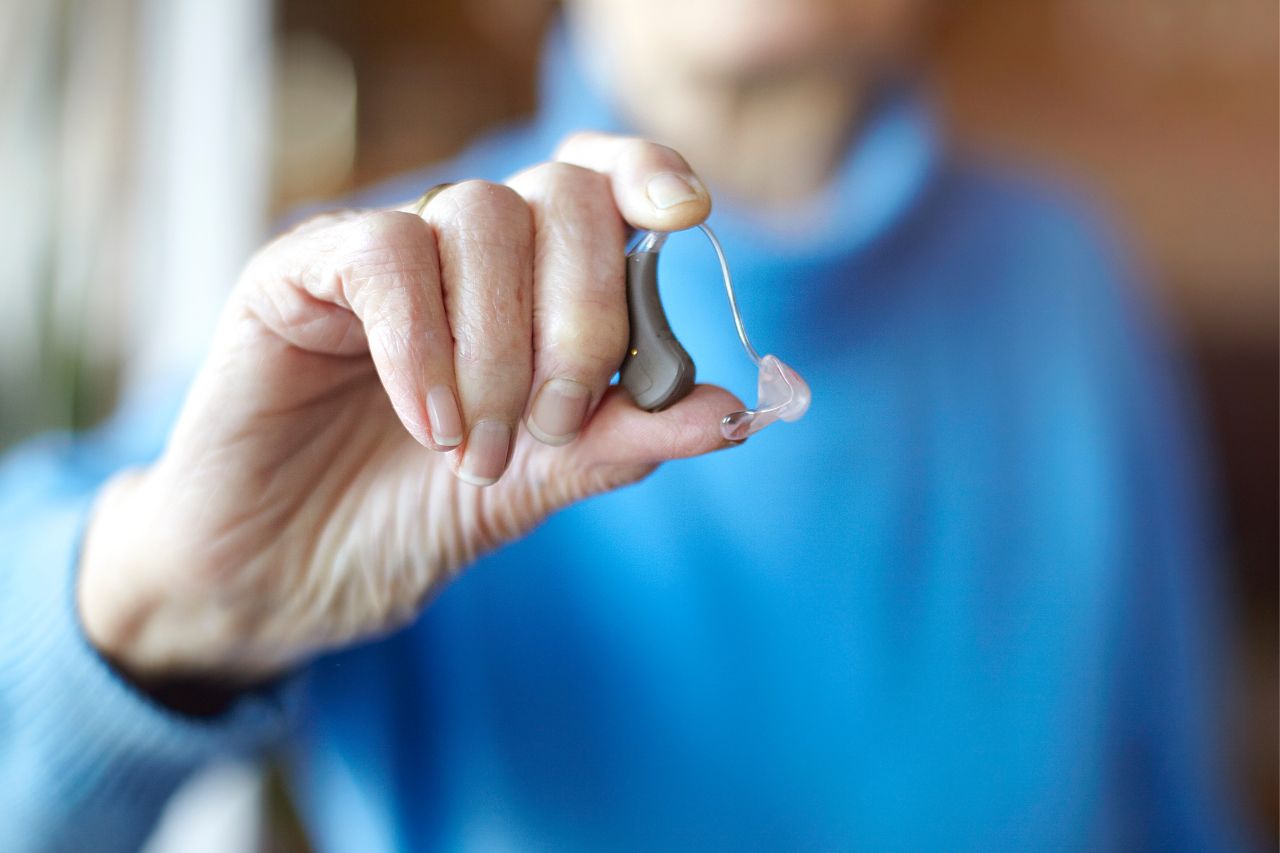Milk Thistle Benefits and Side Effects
.png?rev=69f3814f012b4f3198cb9fabadc98e2b)
Milk thistle (silymarin) is a plant native to Mediterranean countries. Also called holy thistle and Mary thistle, it’s been used traditionally to treat various ailments. Research to date on milk thistle’s health benefits has been inconclusive. However, it may help specific health conditions.
This article covers claims about milk thistle’s benefits, its side effects, and other information on this flowering herb.
What Does Milk Thistle Do?
Researchers believe that a compound called silymarin in milk thistle has antioxidant, anti-inflammatory, and antiviral properties. Consequently, it may help prevent or treat various health conditions, including it might:
- Slow or prevent age-related decreases in brain function. Milk thistle’s antioxidant and anti-inflammatory properties may protect neurons in the brain, reducing the decline in brain function in conditions like Alzheimer’s and Parkinson’s disease. Specifically, evidence suggests it may reduce oxidative damage to brain cells and reduce amyloid plaques — sticky proteins that can accumulate between neurons, hindering their functioning.
- Lower blood sugar levels. Compounds in milk thistle appear to work like certain medications for those with type 2 diabetes by improving insulin sensitivity and decreasing blood sugar. Note: You should not take milk thistle or adjust the dosage of your diabetes medicine without first talking with your doctor.
- Protect bones. Studies suggest that milk thistle may stimulate mineralization in bones, which could help offset the effects of osteoporosis, particularly for postmenopausal women.
- Increase breast milk production. One small research study found that women who took a milk thistle supplement for two months produced nearly 65% more than those who took a placebo. However, more research is needed.
- Protect the liver. Milk thistle supplements may be useful in combination with other treatments for liver damage. Studies have indicated that it can improve liver function for people with liver diseases. Researchers believe it may reduce free radicals that develop as the liver metabolizes toxins. However, further studies are needed on the milk thistle/liver relationship.
- Treat indigestion. Milk thistle may help reduce indigestion when taken with other supplements.
- Improve heart health. There’s evidence that milk thistle might help lower cholesterol and lower the risk of heart disease. However, those results came from studies of people with diabetes, so it’s unclear if people without diabetes would experience the same benefits.
- Make cancer treatment more effective. Animal studies have indicated that milk thistle may be beneficial in reducing side effects from cancer treatments. It may also make chemotherapy more effective against some cancers and even kill specific cancer cells. Similar studies in humans have yielded the same results, but research continues.
- Help treat acne. Experts believe inflammation and oxidative stress contribute to the development of acne. Milk thistle’s anti-inflammatory and antioxidant properties may help reduce acne.
Milk Thistle Side Effects
Doctors consider milk thistle to be generally safe. Side effects, which tend to be minor, can include bloating, nausea, and diarrhea.
However, milk thistle may not be right for you if you’re pregnant, have diabetes, have specific hormone-sensitive health conditions (including some forms of breast cancer), or are allergic to the herb.
It may also interact with prescription medications in various ways, including affecting how your liver processes them and increasing the amount in your bloodstream.
Milk Thistle Dosage
There are no established milk thistle dosing guidelines. If you’re considering taking it, you should get advice from your doctor.
Talk with Your Baptist Health Physician About Milk Thistle
Milk thistle shows promise in helping prevent and treat various health conditions. However, research to date has been limited.
The best source of information on this herb — especially related to your health specifically — is your primary care physician or a Baptist Health nutritionist. Reach out to them with questions.



